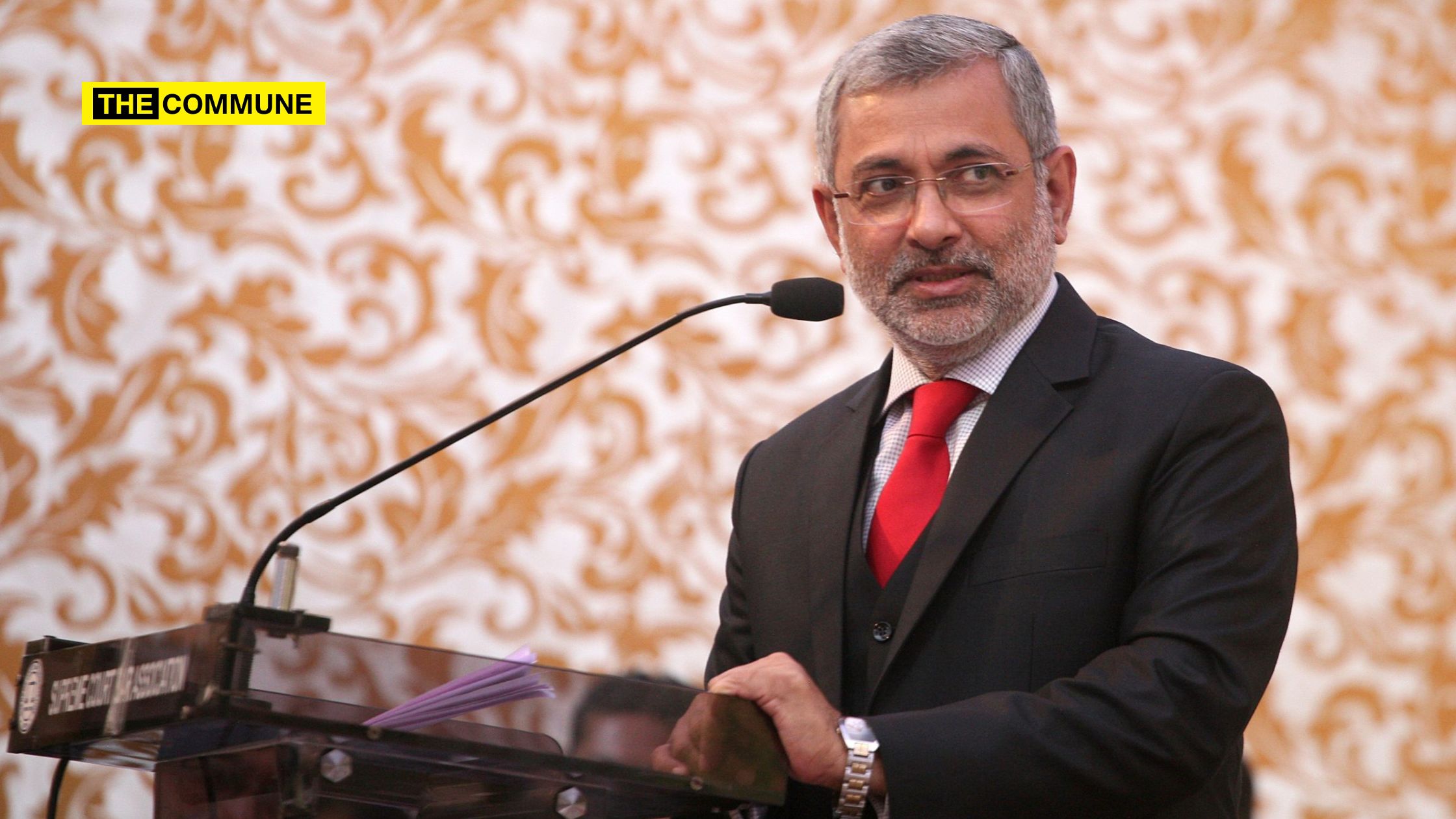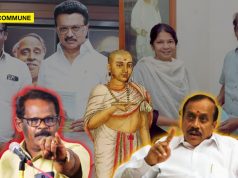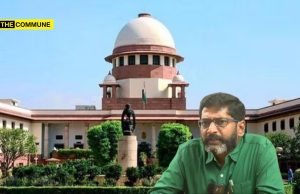
Image Source: SCCOnline
In 2018, just a day after his retirement from the Supreme Court, Justice Kurian Joseph made a striking public statement: former judges, he said, should not accept post-retirement posts from the government if these are offered as a form of “charity.” The only exception, he clarified, would be when a government “honourably” requests a judge’s service in a way that preserves institutional integrity and independence.
https://t.co/3TYDktg0Z4 pic.twitter.com/wzvCgRWgYp
— Hariprasad (@TheHariprasad) April 15, 2025
His remarks came at a time of intense scrutiny of judicial-government relations, shortly after he and three other senior judges had held an unprecedented press conference raising concerns about the functioning of the judiciary and its autonomy.
Fast forward to 2025, and Justice Kurian Joseph finds himself at the head of a high-level committee announced by Tamil Nadu Chief Minister M.K. Stalin. The panel has been tasked with examining Centre-State relations and recommending measures to protect the rights of states under India’s federal structure. It includes former IAS officer Ashok Vardhan Shetty and economist M. Naganathan, both with long-standing ties to the DMK government.
The timing and context of the appointment raise questions about how Justice Joseph now interprets his earlier position on post-retirement roles. While the committee’s objectives — safeguarding federalism and reviewing state entitlements — are framed as constitutional and apolitical, it is hard to ignore the overtly political setting in which it was announced. Stalin’s Assembly speech launching the panel was both a critique of the Union government and a declaration of political intent.
Critics have pointed out that this role places Justice Joseph in a potentially politicized arena, precisely the kind of post-retirement engagement he had once advised judges to avoid — unless approached with institutional neutrality and public confidence.
Justice Joseph has not publicly commented on this apparent shift. Whether he views this panel as falling within the exception he articulated — a role filled “honourably” in service of the Constitution — or as an evolution of his thinking on the role of retired judges, remains unclear.
What is clear, however, is that the lines between judicial retirement, public service, and political endorsement remain difficult to navigate — especially for those who once advocated for sharper boundaries.
Subscribe to our channels on Telegram, WhatsApp, and Instagram and get the best stories of the day delivered to you personally.




